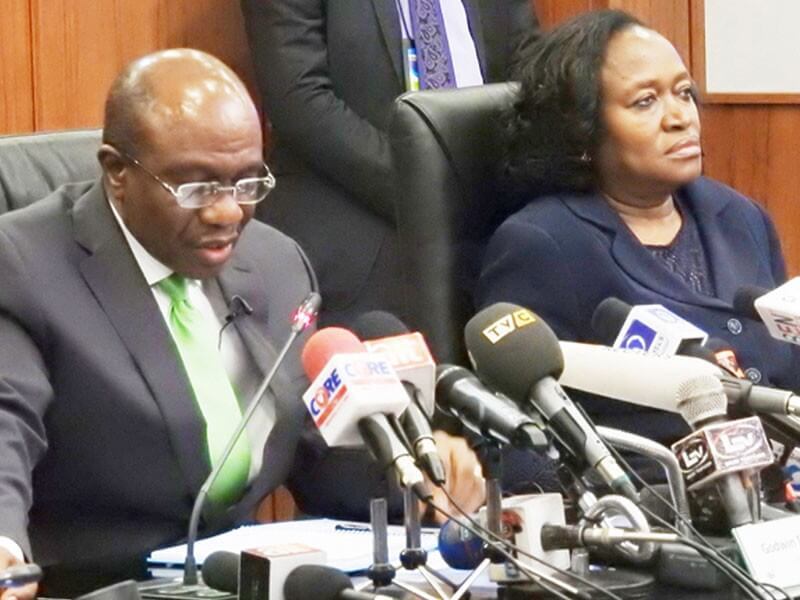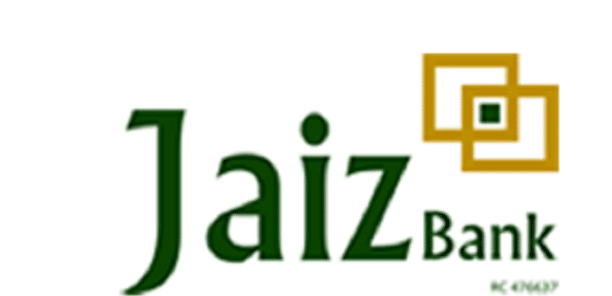MPC: Analysts project no changes in economic indices

As Monetary Policy Committee (MPC) of the Central Bank of Nigeria (CBN) meet in Abuja today (Monday) and tomorrow for the third time this year, financial experts have projected retention of all economic indices.
The 256th bi-monthly meeting would be concluded tomorrow, Tuesday, May 23, 2017 and finance professionals hope the MPC members would keep benchmark lending rate unchanged at 14 per cent; retain Cash Reserve Ratio (CRR) at 22.5 per cent as well as Liquidity Ratio (LR) at 30 per cent.
Although, if the monetary indices are left unchanged, it would be the fifth consecutive time the MPC would be sustaining the status quo.
The Daily Times, however, observes that the committee at it last meeting held Monetary Policy Rate (MPR) at 14 percent, with the asymmetric corridor at +200 basis points and -700 basis points, CRR and LR at 22.50 percent and 30 percent respectively for the fourth time at its March meeting.
Commenting, Director General of the Lagos Chamber of Commerce, Dr. Muda Yusuf, said he strongly believes that the committee would maintain the status quo on the key monetary rates, because of its determination to curtail high inflation rate.
“The inflation rate and foreign exchange rate have shown signs of improvement in the last few weeks, a change in monetary policy might be too soon.
“We believe more time is required before a monetary policy change can be effective under the current situation,” he explained.
Also, Managing Director, Afrinvest West Africa Limited, Ike Chioke, said analysis of the various interesting developments within the economy over the last two months suggests that the May MPC meeting of today and tomorrow is to “mark attendance” as we are of the view that the Committee would be likely satisfied with the recent traction the economy garnered.
“Whilst the MPC will likely be comfortable with rate convergence between the parallel market and official rates, the Committee would reason the need to charge the CBN to revert to the recommendation on flexible foreign exchange framework which was approved since the May 2016 Meeting,” Chioke said.
He said the impact of the improvement in liquidity and management of foreign exchange has been evident in the performance of the equities market – which surged to a 10-month high of 28,873.44 points – as foreign investors have started returning to the market while domestic participation has also improved.
“Whilst the recent downtrend in Headline inflation, especially the satisfactory moderation in core inflation from 18.1 per cent in December 2016 to 14.8 per cent in April-2017, could justify a rate cut, we are of the view that the MPC will resist this temptation as this may be premature.
Also, reducing MPR at this time will not necessarily reduce the risk perception of the country more so that a higher rate environment would further dampen bank’s appetite towards real sector lending,” he said in an emailed report.
Chioke said reducing Cash Reserves Ratio (CRR) defies monetary policy logic given the frequency of weekly Open Market Operation mop-ups at a significantly high cost.
“The latest data show that as at March 2017, Commercial Banks’ Reserves with the CBN settled at N3.3 trillion with CRR at 22.5 per cent. If CRR is reduced by 2.5 per cent to 20 per cent for example, a total injection of N366 billion would be pumped into the system immediately. It will be therefore counter intuitive to reduce CRR that is at no cost to the CBN only to mop-up with OMO at expensive rate. On the flip side, our analysis completely rules out the possibility of a hike in CRR,” he said.
In a similar reaction, Research Analyst, Edc Securities, Mr. Abayomi Ajayi, noted that the need to stimulate growth would spur the MPC to sustain rates at the current level.
“We are gradually recovering from the economic recession, so they won’t want to change any of the rates,” he explained.
Nigeria’s Gross Domestic Product (GDP) growth rate slowed to -1.3 percent in Q1 2017 from -2.24 percent at the end of 2016. Latest data from National Bureau of Statistics (NBS) showed that the country’s inflation rate declined to 17.24 percent in April compared to 17.26 percent in the previous month.
However, other analysts are of the view that the argument for maintaining status quo and consolidating on recent positives in the economy will be overriding at this May Meeting.
“We believe the operations of the Forex market especially on the recent gains in forex administration will dominate the discourse. However, we do not think there would be a major shift in the current management of the forex market given the massive success and acceptance of the CBN’s policies.
“We expect the CBN to continue to consolidate on these gains while sustaining its current momentum at the forex market; hence, we expect rates to remain stable this week,” they said.
Consequently, the foreign exchange volatility in the country has eased since the apex started its aggressive intervention in the forex market in February, injecting almost $5 billion into the market in the last three months.
The CBN recently created the investors’ and exporters’ forex window, which further boost liquidity in the market and narrow the gap between the parallel market and the official market.
The apex bank also mandate banks to sell forex to customers who demand for invisibles such as personal travel allowance (PAT), Basic Transport Allowance (BAT), school fees and medical fees, asking them to create special desk for them in their branches.








